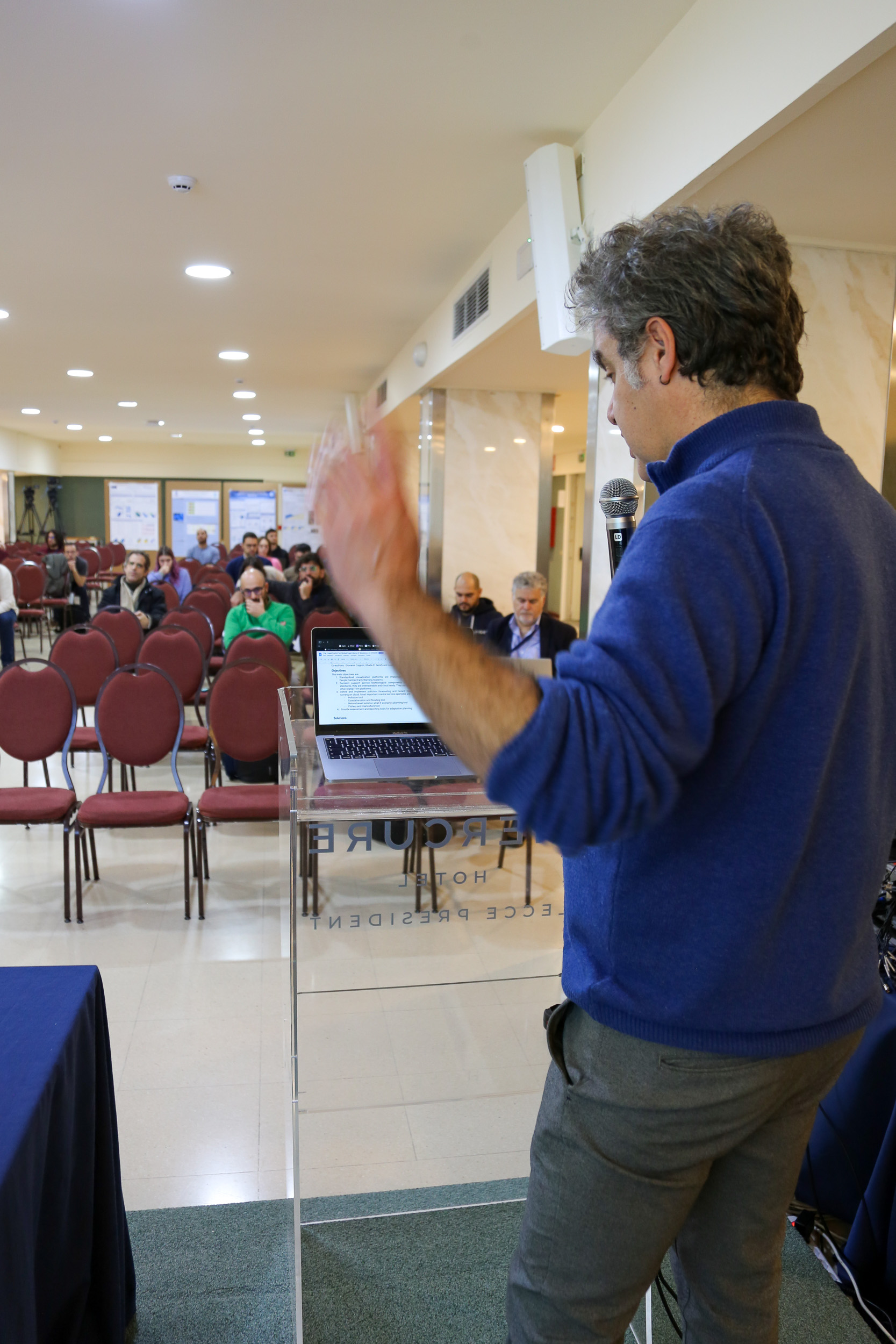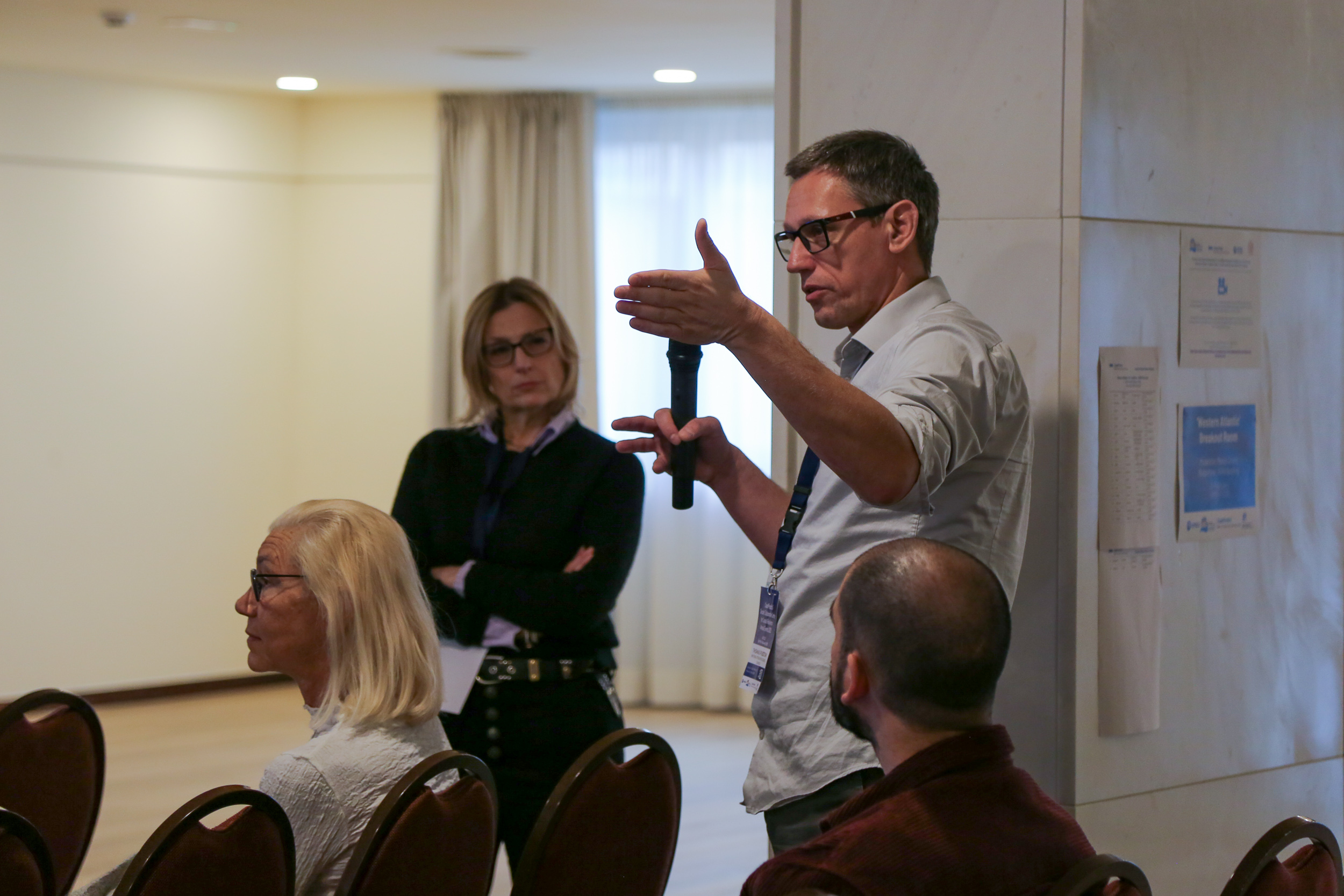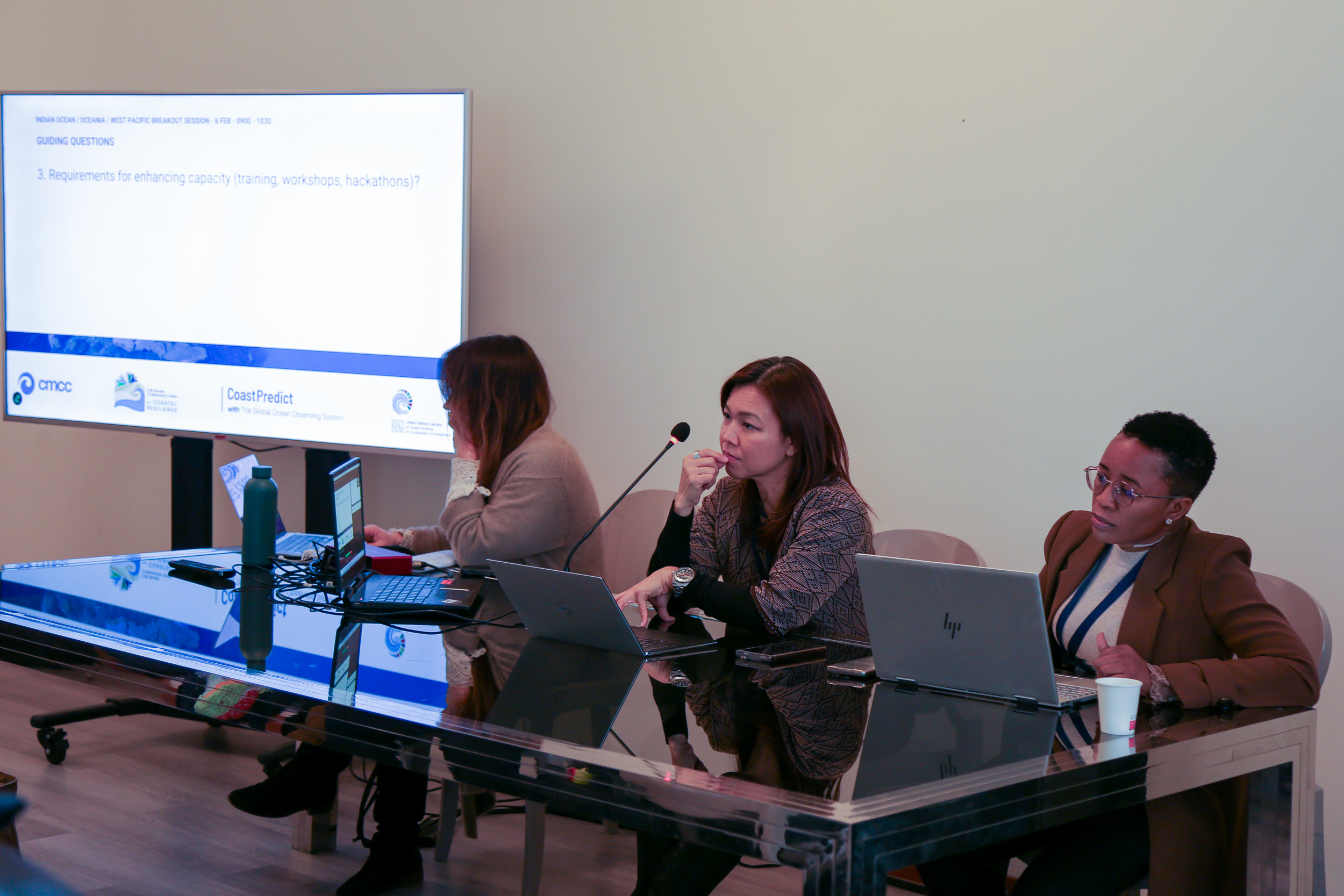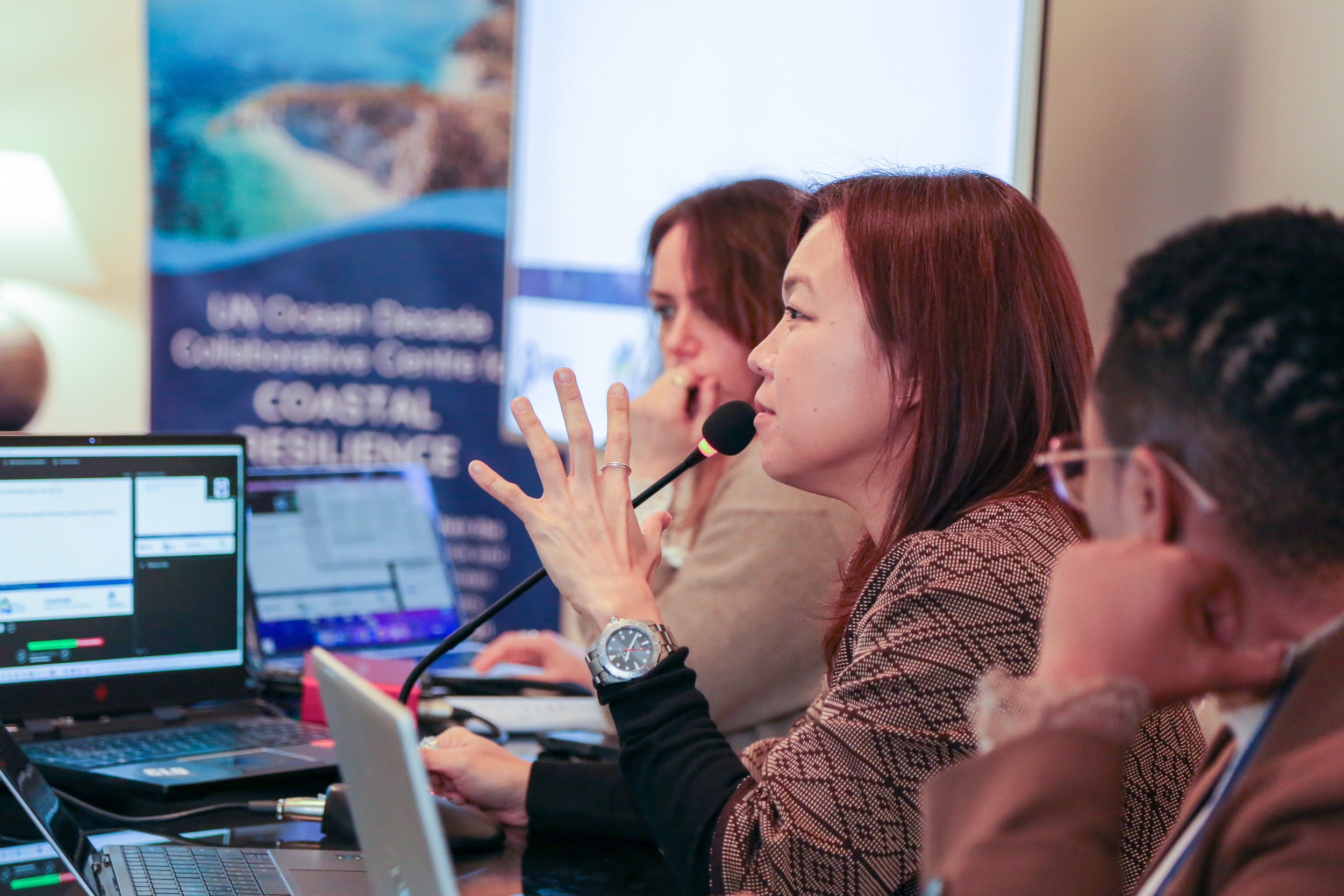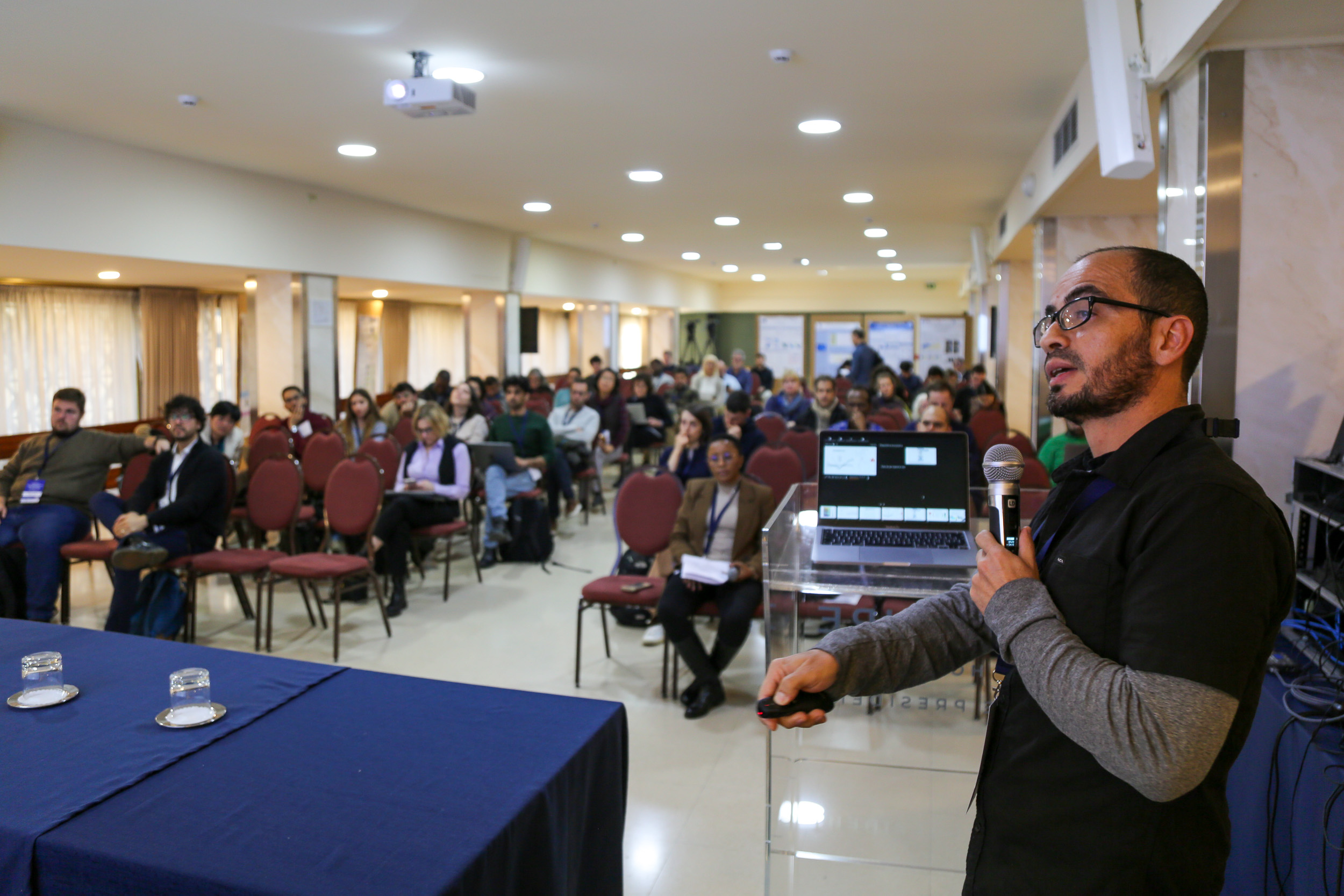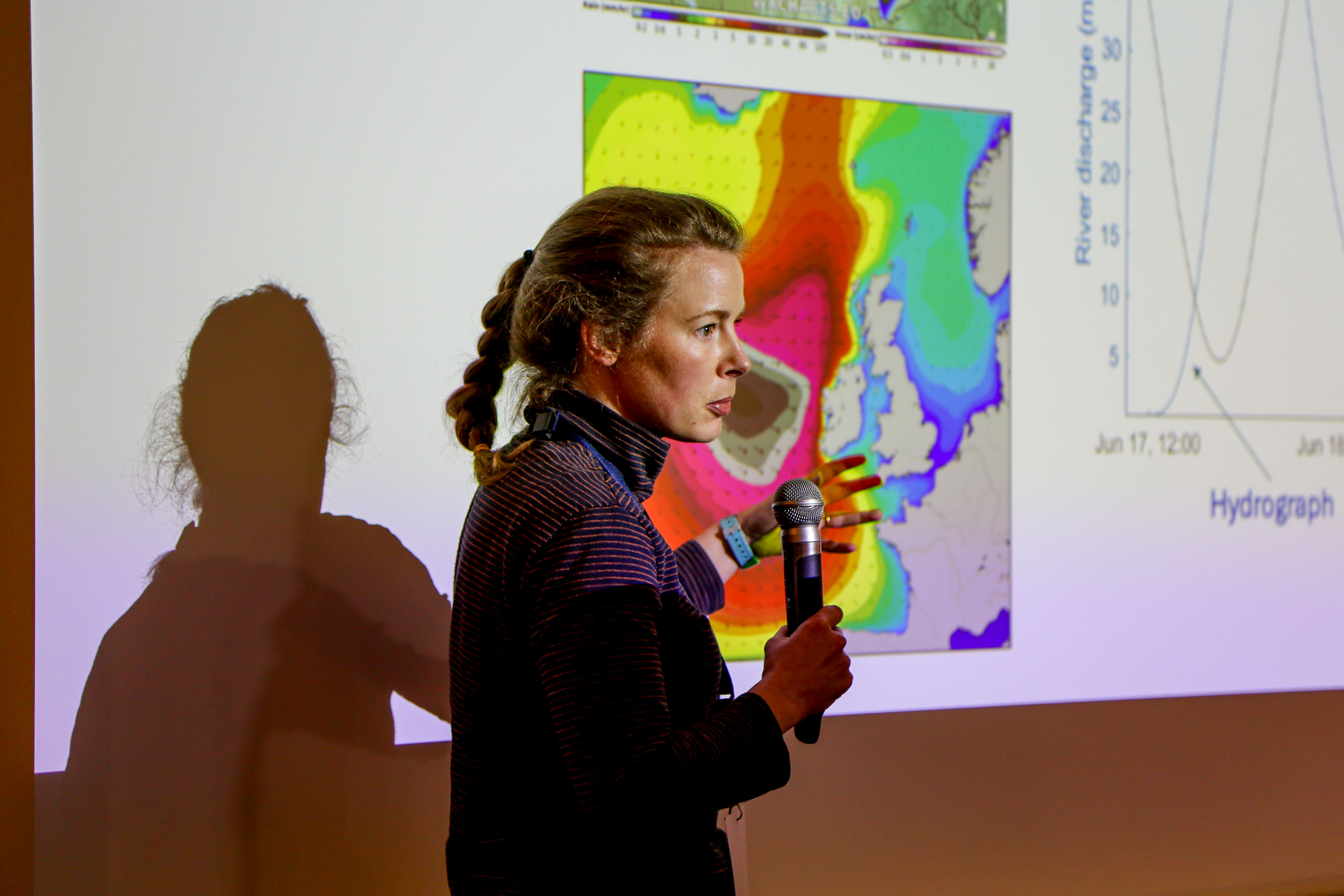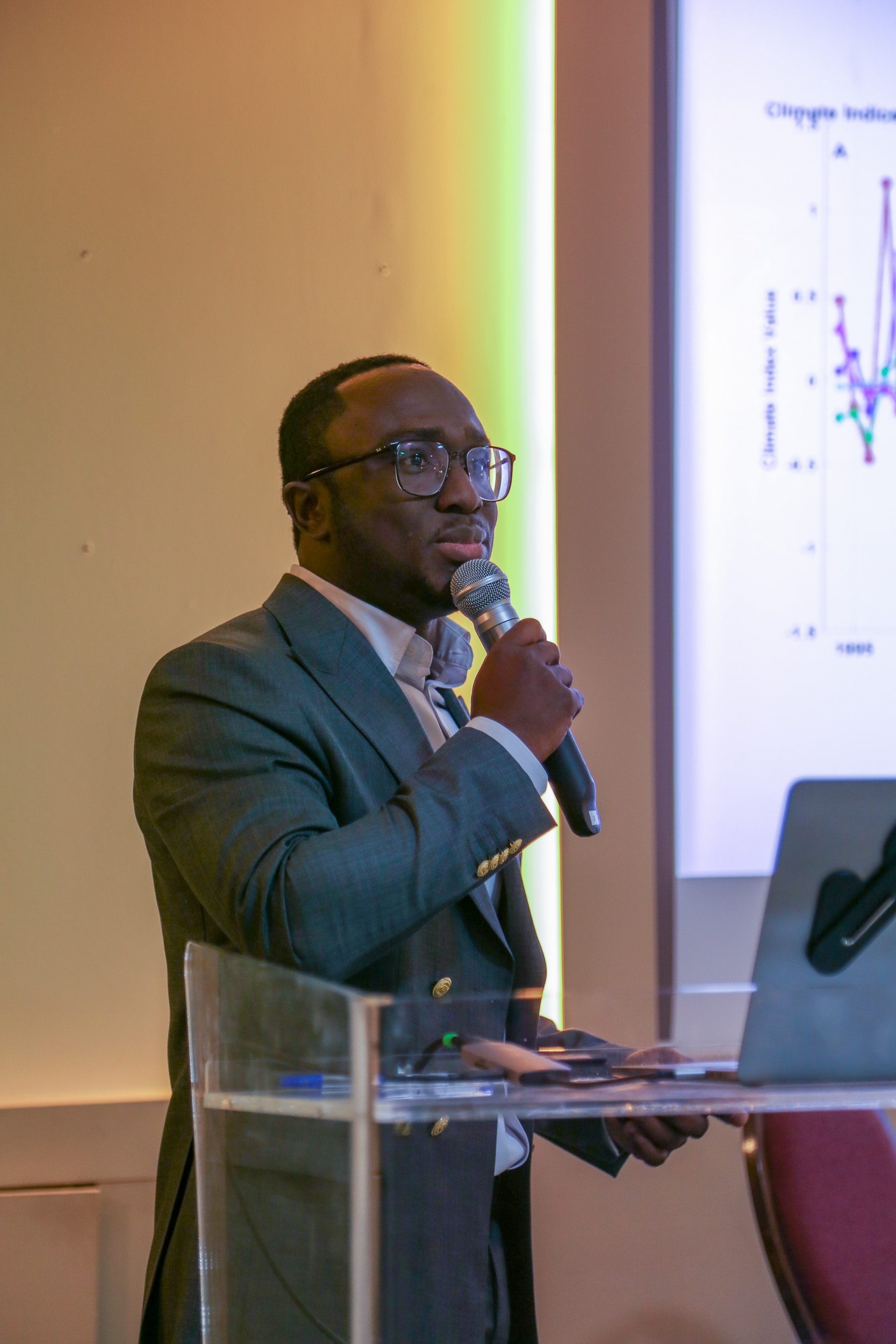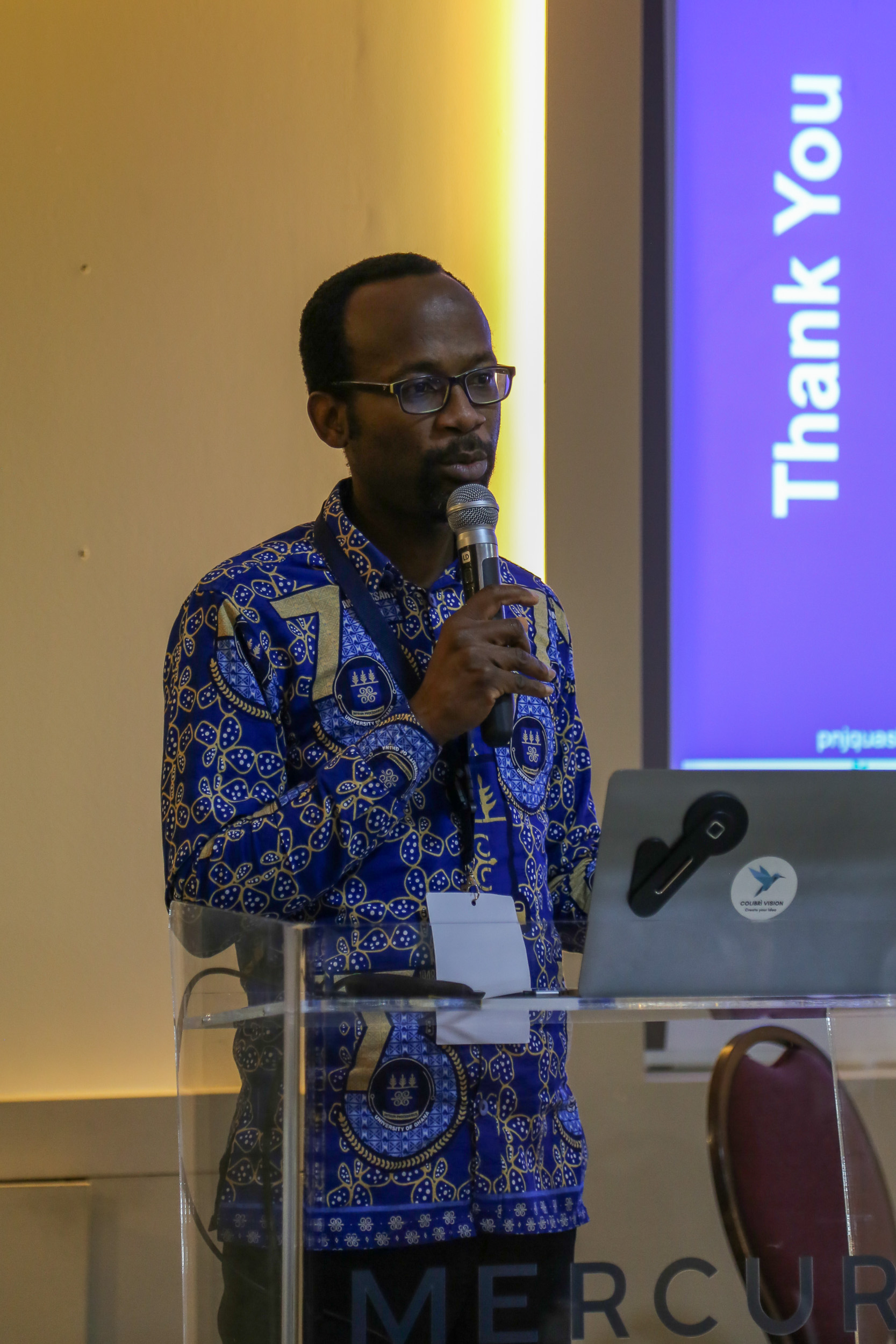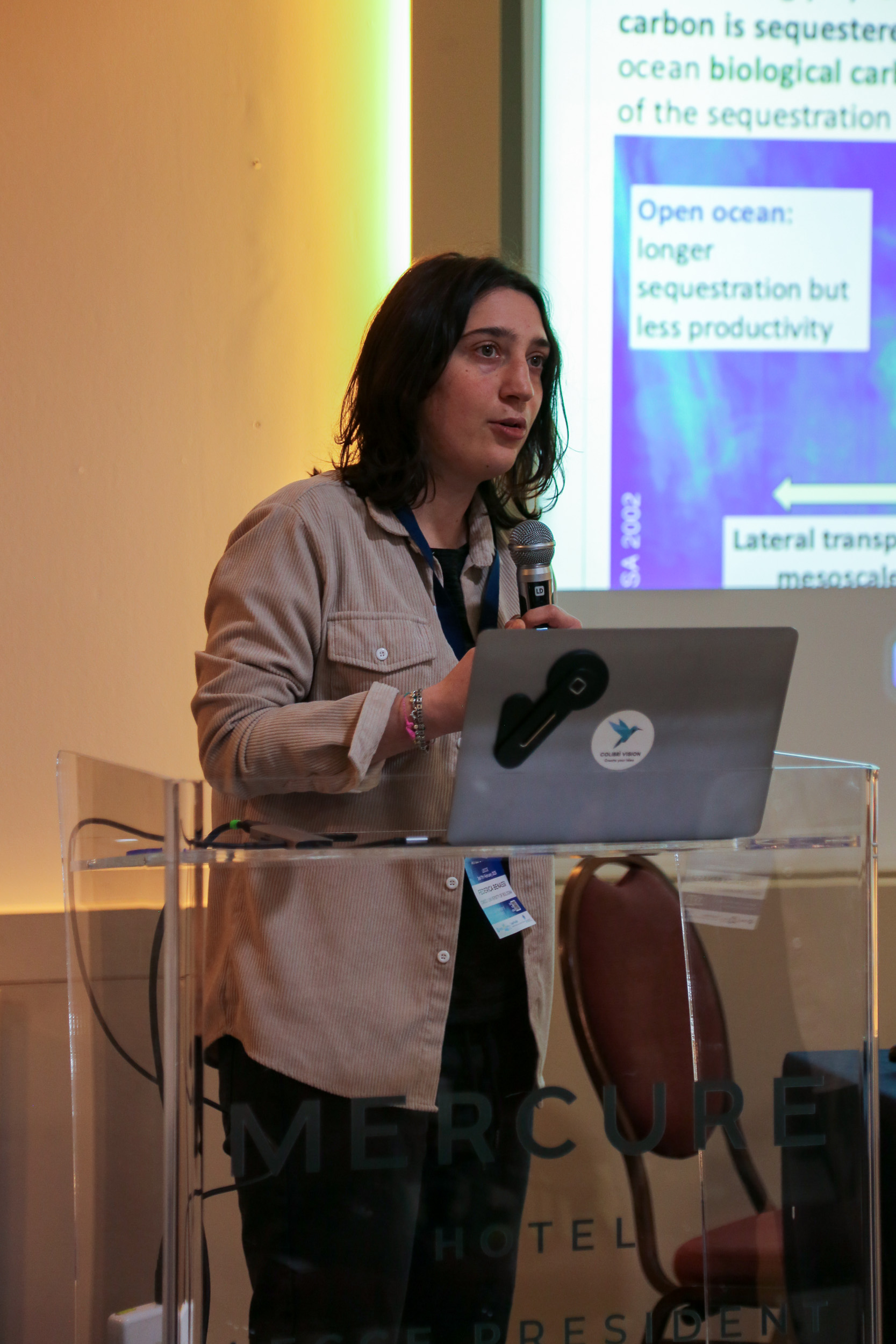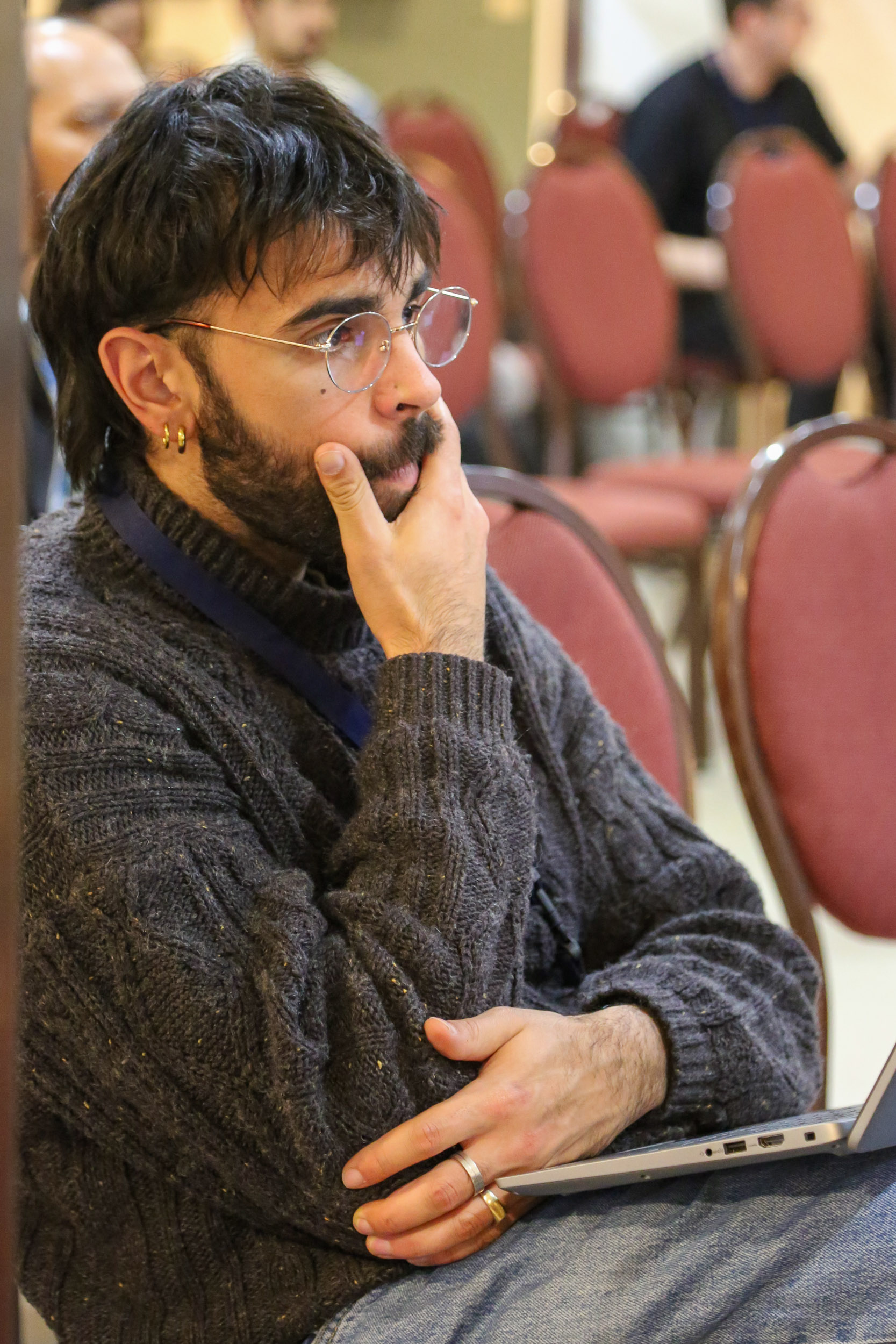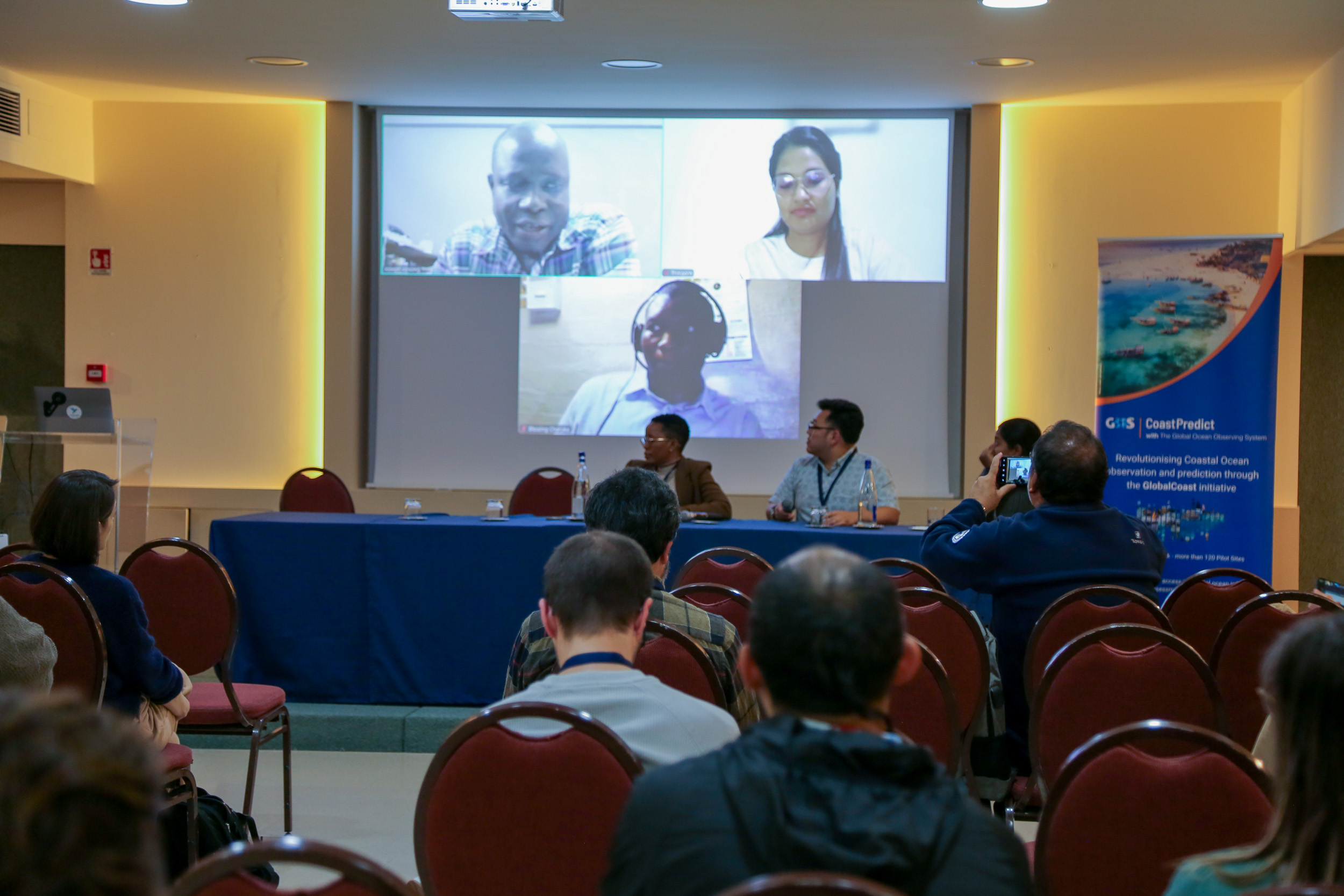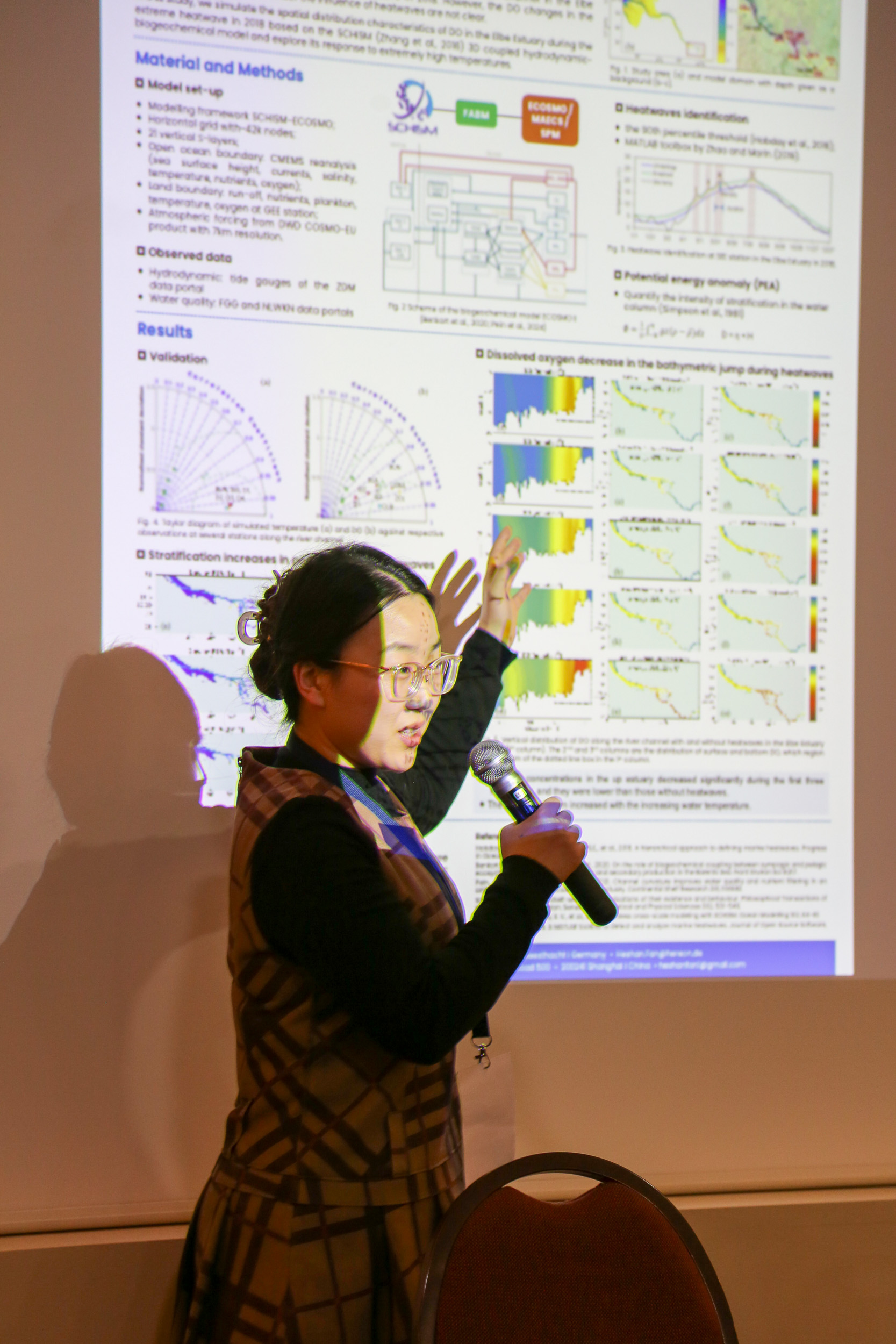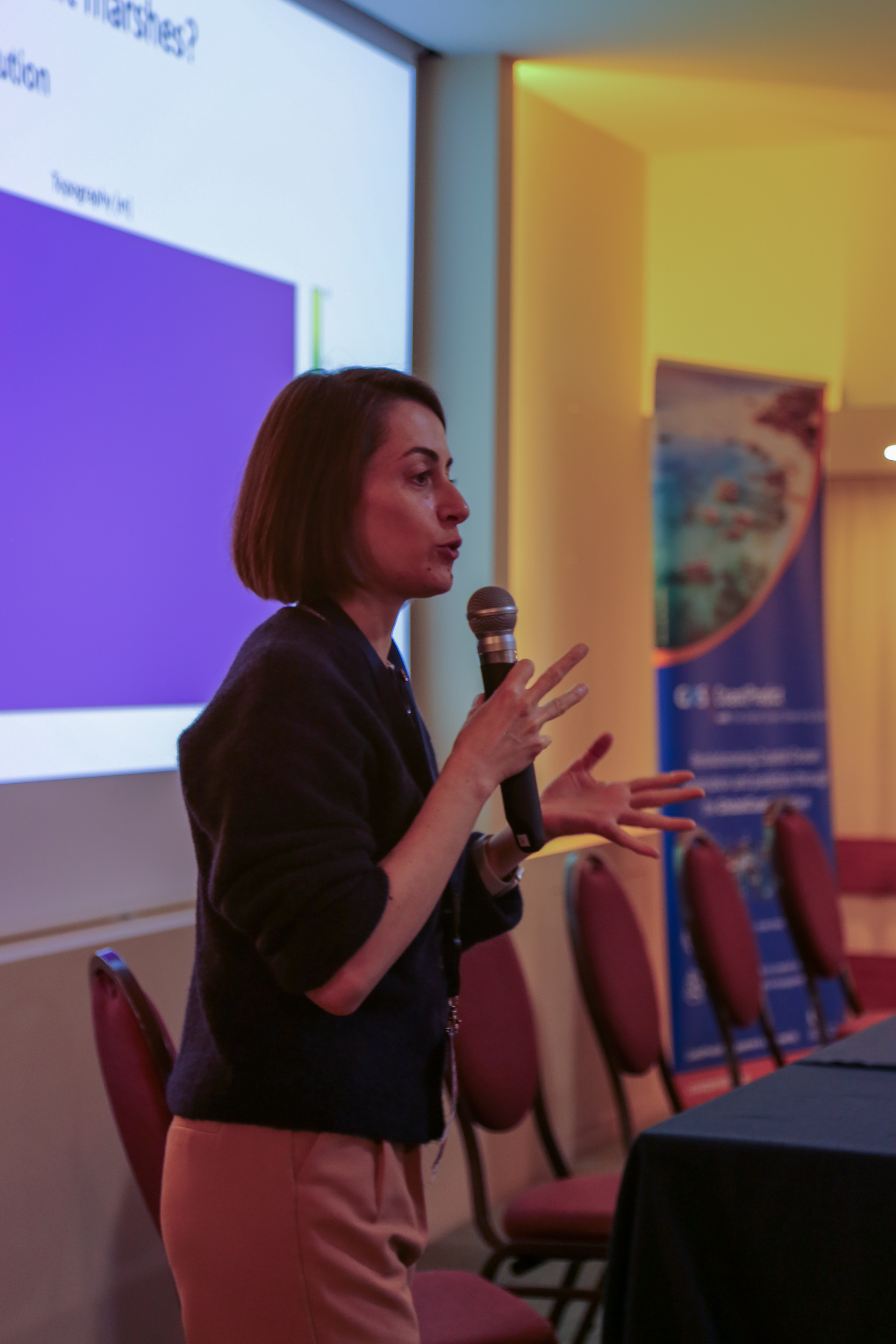Day 4 of DCC-CR and CoastPredict Events in Lecce: Advancing Coastal Resilience through Scientific Innovation and Capacity Building
Highlights from the final day of the DCC-CR and CoastPredict events in Lecce
Published on 06 February 2025 | Events
The final day of the DCC-CR and CoastPredict events in Lecce featured high-level discussions on predictive capabilities for coastal hazards, ecosystem-based management, and the role of early warning systems in strengthening resilience. Experts examined the latest advancements in coastal prediction frameworks, integrating numerical modeling, ocean observations, and decision-support tools to enhance risk assessment and adaptive strategies for coastal communities.
Morning Sessions: Coastal Hazard Prediction and Ecosystem-Based Management
The day began with a session on Coastal Hazard Early Warning Systems, where researchers and practitioners analyzed the latest methodologies for multi-hazard forecasting, the integration of high-resolution ocean-atmosphere models, and the operational challenges of delivering actionable information to stakeholders. Discussions emphasized the GlobalCoast initiative’s role in standardizing best practices across regions vulnerable to extreme coastal events.
A subsequent session on Ecosystem-Based Management Approaches addressed the need for nature-based solutions in coastal adaptation, highlighting case studies on the application of integrated coastal zone management (ICZM) and ecosystem modeling to mitigate the impacts of climate-driven changes in coastal environments.
Afternoon Workshops: Capacity Building for the Next Generation of Coastal Scientists
The afternoon was dedicated to fostering the future generation of experts in coastal resilience through an ECOP-led workshop for early-career ocean professionals. This interactive session provided young researchers with training in coastal observing systems, predictive modeling, and science-policy engagement, reinforcing their role in advancing the objectives of the UN Decade of Ocean Science. Participants engaged in hands-on discussions on career development, interdisciplinary collaboration, and innovative approaches to addressing coastal challenges.
The final plenary discussion synthesized insights from the past four days, outlining actionable pathways for advancing scientific cooperation under the GlobalCoast framework. With strengthened partnerships, enhanced predictive capabilities, and a reinforced commitment to capacity building, the Lecce conference concluded with a clear vision for the future of coastal resilience science.
Stay tuned for a full summary of key outcomes and strategic directions in the coming days.
Album
